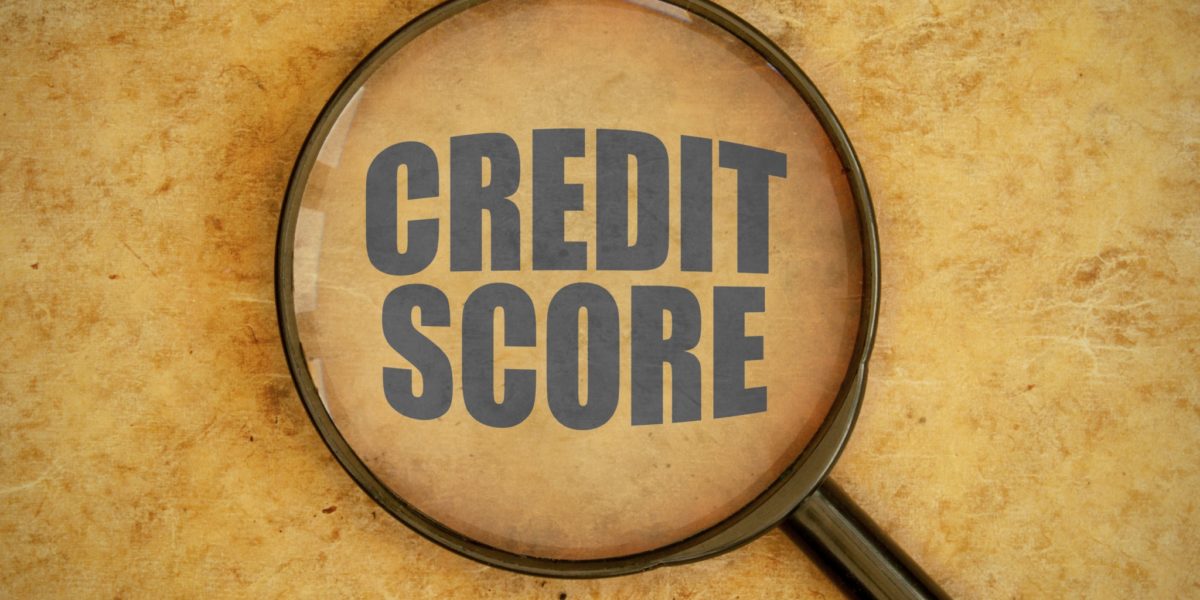Three Numbers With a Big Impact!
Written by New Ventures Maine | Published on March 6, 2018
By Dottie Perham-Whittier, LA CA$H Co-Chair & Lewiston’s Community Relations Coordinator
When hearing the words credit report and credit score, an individual may experience a sense of pride or, more commonly, think, “I don’t believe my credit score is what it should be.” For many, a pit-in-the-stomach fear ensues as to what those three numbers mean for them.
Named after its founder, the Fair Isaac Company, the FICO credit score is a scale range with 850 being the best; 300, the worst. FICO scores take into account five areas: payment history, amounts owed, length of history, new credit, and types of credit used.
First of all, what is the difference between one’s credit report and one’s credit score? According to Peter Bielagus, former financial advisor turned financial educator who speaks worldwide, “The credit report is nothing more than a history of how well you have paid your bills, how well you have handled the money lent to you, and how aggressively you have tried to borrow money. The credit score is simply the numeric summary of a credit report.”
So, Why Is My Credit Score Such a Big Deal?
The higher your score, it is much easier to attain favorable mortgage rates, car rates, and personal loans rates, as well as often the apartment you want, the cell phone you want, etc. Items that negatively impact your credit are: paying late, repeated “hard” inquiries on your credit report—when you are attempting to borrow money; lack of credit activity; a large amount of debt; cancelling a credit card; and a high debt utilization ratio—how much has been borrowed against how much you are able to borrow. Filing bankruptcy also has a large impact, impacting one’s score for 7-10 years.
On the flip side, there are things that impact your credit score for the better: paying on time; addressing credit report errors; a low debt utilization ratio; having credit activity, and continuing to work towards an enhanced score.
My son is taking a financial literacy class in high school, and he has informed me that when he gets a credit card to build his credit, he is going to use it; then pay it off; use it; and then pay it off. He said, “Mom, I’m never going to use it unless I know I have the money to pay it when the bill comes in.” Interestingly, that is the same advice that financial educator Bielagus gives in his book, “Why Bother?” It’s a very easy read about all things financial. He’s been reading it, and now I am too!
As I’ve been reading the book, I’ve learned ways to explain/build up your credit. For instance, did you know that you can attach a 100-word statement to your credit report? It doesn’t’ change your score, but it demonstrates that you are monitoring your report and providing information about any life event that may have been detrimental to your score; that appeals to me, as it adds an “I’m more than a number” feel.
You can also take my son’s advice of using a card once a month and paying it off when the bill comes in. That way, no interest is incurred, and such usage/prompt payment will help raise your score.
Another positive builder is asking a creditor for a good will adjustment. For example, if you pay late one time when you usually pay on time, it doesn’t hurt to ask for such an adjustment. The creditor is not obligated to waive a late fee, but it’s worth an ask.
How Do I Know What’s On My Credit Report?
To be aware of what those three little numbers do mean for you and your financial picture, staying on top of what’s on your credit report is very important. Individuals are entitled to one free credit report from each of the major reporting bureaus once a year: Transunion, Experian, and Equifax. Two excellent places to pursue one’s credit report are www.annualcreditreport.com and www.creditkarma.com It’s especially important to make sure that what is listed on your credit report is actually factual. If not, it is important to follow directions to “dispute” such items.
